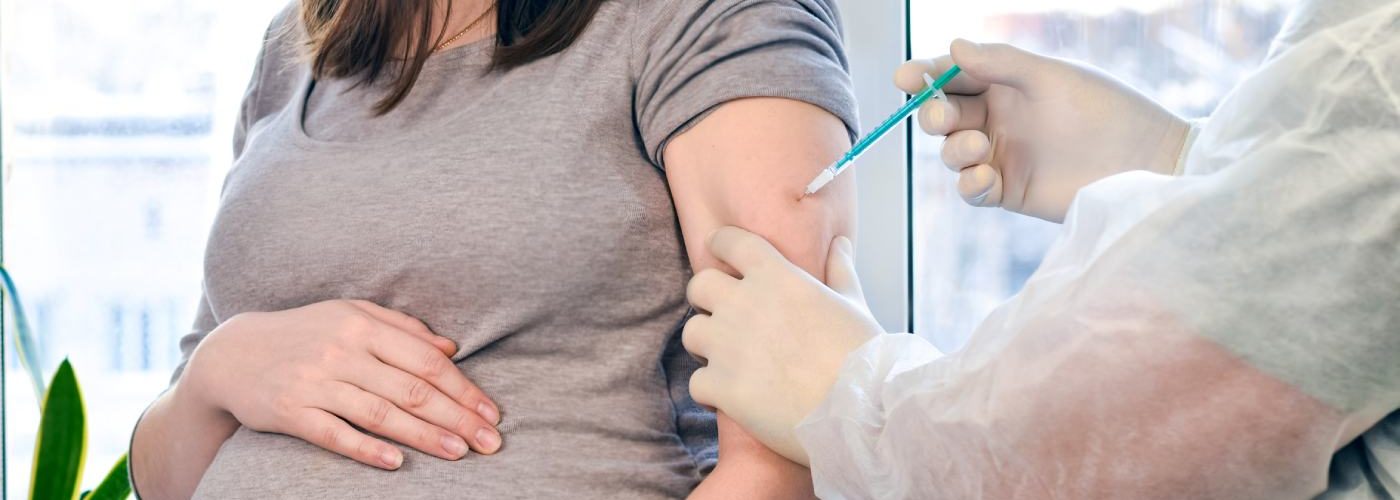
The pandemic is still ongoing. Vaccination is now widespread. However, the virus and its effects continue to raise many questions. In our field, almost all of them focus on whether it is possible to combine the start of a fertility treatment with the Covid-19 vaccine or the impact of vaccines on fertility. For this reason, at IVI we would like to answer the most frequently asked questions related to the vaccine against Covid-19 vaccine and fertility treatments.
1. Does the COVID vaccine affect fertility?
Since vaccination began, especially among the affected age groups, many questions and debates have arisen as to whether the vaccines affect fertility. So far, on some occasions the COVID vaccine may have caused some delays in menstruation. But this does not in any way affect assisted reproductive treatment. Nor does it justify delaying it. When starting ovarian stimulation, the medical team can schedule the start of the process. And in the case of embryo transfer, it is common to work with a substituted cycle. In addition, the data we have, which we have published and sent to various scientific congresses, tell us that there is no relationship between the response in women with ovarian stimulation before and after vaccination or coronavirus infection.
2. Should I wait to undergo fertility treatment after receiving the Covid vaccine?
There is no reason to postpone the start of fertility treatment because of the Covid vaccine. It is worth remembering that mRNA-based vaccines (those from Pfizer or Moderna) are the main vaccines currently used. They contain a material that helps to create the virus protein and create antibodies. This is why it has never been recommended to delay starting a cycle, treatment or seeking pregnancy naturally. You can start a fertility treatment without any problems regardless of when the vaccination occurs. There is currently no scientific evidence to the contrary.
3. What about after you have had the disease?
No, Covid-19 infection does not mean you need to postpone fertility treatment either. In this sense, the only reason to delay the start of fertility treatment would be if you test positive for Covid-19. The indication to be followed in these cases is that dictated by the corresponding health authorities, regarding the quarantine period, the same as for any other activity. Once this quarantine period is over, we can start any fertility treatment.
4. Does the vaccine affect ovarian response and gestation rates?
The data we have, both in the literature and from our own research, show that both the ovarian response and pregnancy rates are similar in women before and after administration of the vaccine.
On another level, it is worth remembering that, since the beginning of the pandemic, at IVI we have been researching to provide as much information as possible about a virus that was totally unknown. In this regard, in 2021 we published a study to discover whether Covid infection affected a woman’s ovarian reserve. This study was conducted between May and June 2020, among women who had a previous AMH test and who had overcome the disease. The results were clear and very positive. Covid-19 does not affect ovarian reserve status. This joins other group publications along with new papers submitted to upcoming international assisted reproduction congresses.
Finally, since we resumed activity in our clinics, we continue to apply the maximum protection measures, both for patients and workers. In this way, we have been working as normally as possible for months now and we have been carrying out treatments regularly, without forgetting the protection measures.





Comments are closed here.